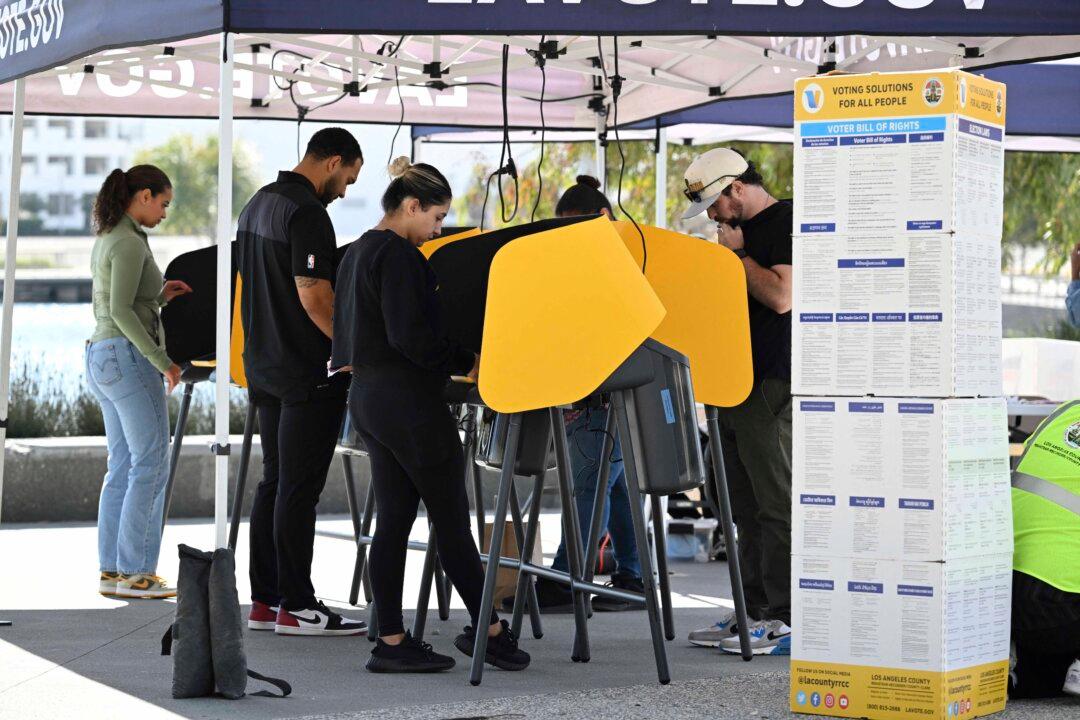A ballot measure that seeks to raise California’s minimum wage is on the verge of defeat, with some who voted against it saying they feared it could cause the price of goods and services to increase.
At issue is Proposition 32, which would add two dollars to the state’s current minimum wage, bringing the total to $18 per hour starting on Jan. 1 for employers with at least 26 workers.





